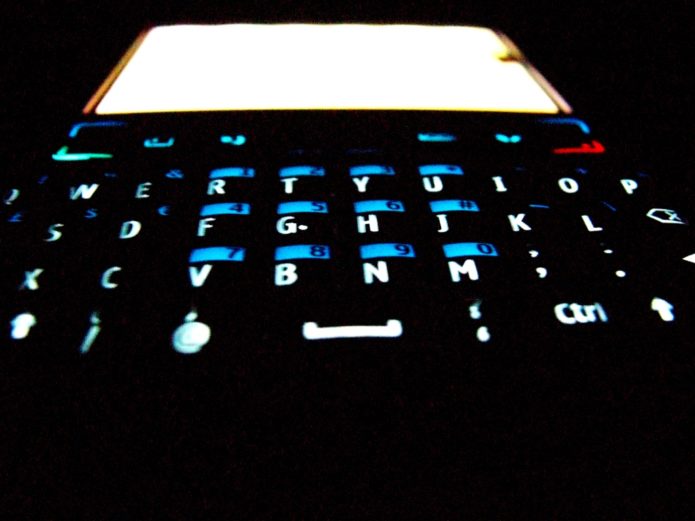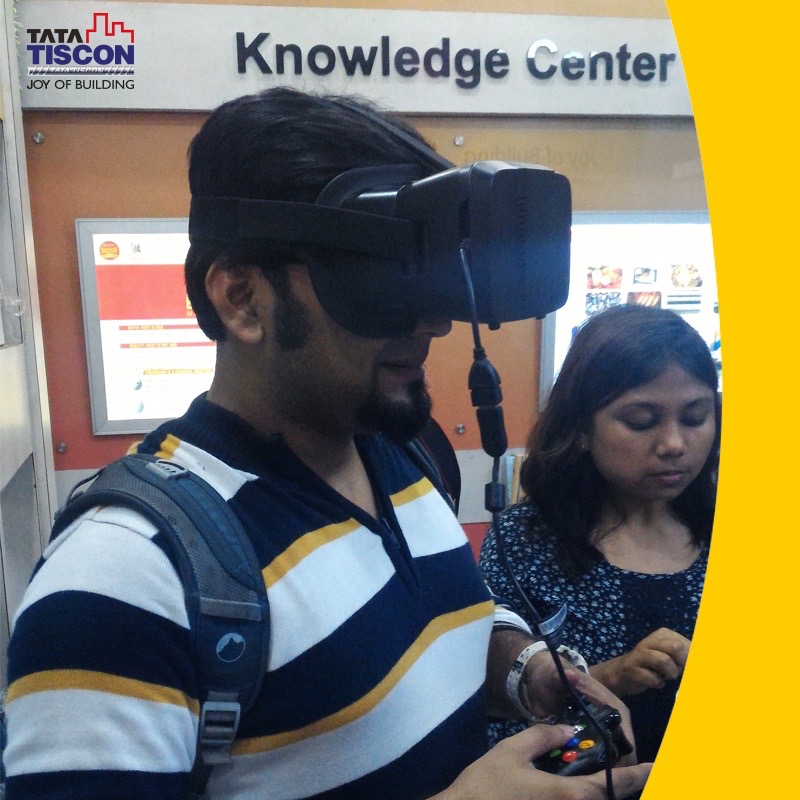Some spring cleaning lead to this post. Yes. Out stumbled an old Nokia E 61i. It was a prized possession a few years ago. It was in colour and had a fantastic QWERTY keyboard. Those were the pre-iPhone days. There were no apps nor was there Whatsapp. Life was good! Frankly, the dead device rekindled memories of a rather lively time!
This prompted a wonder about our commentary in the future of the times that we live in now. How will the future look like? I didn’t have to go far for pointers.
For Robert Scoble & Shel Isreal are at it again. A book is in the works. Their earlier books had held my attention and I was rather taken by their commentary. Naked Conversations especially was of great interest. Remember, this was 2006!
In a series of blogposts, Shel Israel has been publishing excerpts from the book that is in the works. The book is called ‘Beyond Mobile : Life after smartphones’
It is a startling picture of the future. Of what it will be without smartphones. They write “It will become less important to life and business and we will start using it less and less. We see a future for it similar to the landline phone of yore. Someday a decade more into the future, you will wonder why you need the device and be locked into a carrier contract for something you don’t really much use anymore”
This is tough to imagine. Sitting where we are, where the growth and dominance of mobile phones and how they have become an extended arm of sorts to our lives is daily lore. But given the early signs, this clearly is possible.
“In fact, it is moving more and more faster : more and more is happening and fewer and fewer things will not be affected”. They speak of four engines that will drive this.
a. Mixed Reality : ‘What is now VR and AR will converge into one technology, MR…By 2025 MR glasses will replace todays smartphone”
b. Digital Genies : A new term coined by these folks to describe devices and software that use AI.
c. Autonomous Cars
d. Robots
These are in their early stages now, used by gamers and the like. There is a line in the post that caught my attention like none else. “The products that start revolutions aren’t the ones that finish them”
The earliest versions of each of these technologies are well in place. Used by gamers and other niche players. Mainstream product based application and use is a good distance away, from what the authors imagine. Yet, possibilities of what can get built ON TOP OF these baby steps is astounding. To say the least!
They proceed to talk of how the young will lead a cultural chasm of sorts. The millennials and their coming of age is but a predictable road. I sincerely hope they will go beyond this popular commentary. The idea that a classificiation based on ‘age’ alone has validity that goes the full distance is beyond real. ’Millenials’ to me is not as much age, as much as it is a ‘state of mind’. By the way, the authors have coined a new demographic called ‘minecrafters’ who follow the ‘millenials’. I have a few of those folks in the family too!
A world where the collective imagination of every generation that walks and survives is important for our future. Not just the young by age!
I hope the authors will explore other areas. Like how the leapfrogging of technology platforms in developing economies will cause even wider chasms in society. Or for that matter, how the ever widening gulf between between aspirations and opportunities can wreck our collective future. Perhaps, how the circular economy will be of greater relevance given the finite supply of rare earth. All of these affect mobile phones and will have a bearing on the post mobile scenario as well.
Even as we await the book, these are times for us to pause and ponder on the dynamics of our lives and their interplay with technology. A future without the ubiquitous mobile phone seems round the corner. While it provides for great progress it also sets amidst us a degree of imbalance. How much more will we have to bend at the altar of invasive technology driven lives, what all components of our lives will it touch, time will tell.
All this translates to new ways of doing business as well. That it will change is sure. To what degree, however, remains a question reserved for the rookie swimmer at the deep end of the pool. Gasping for fresh air every time he comes to the surface.
Perhaps the deepest of our troubles lie in being able to navigate some of the legacy systems and mental models that we have inherited AND fly the plane in new directions. Often times, a mere imagination of the scale of required change causes organisations and leaders to freeze where they are.
Experiments may fail, can cause much derision and not take off as envisaged. Yet, it is important to place bets, take calls and move on. Bets that seem rather outlandish in the current context may well be what pays off in the long run.
There are several organisations that are placing big bets and making smart moves. One such that I saw and experienced first hand is TATA Tiscon. TATA Tiscon is in the business of making steel rebars. A few months ago, I was exposed to some new thinking thats on at TATA Tiscon’s marketing team. What caught my eye was the investment that company was making, in helping customers make informed choices about buying rebars. Retail stores fully equipped with Virtual Reality based technologies to help consumers imagine the quality of construction and choose between the various rebars was a pleasant surprise.
I am not privy to its impact on sales / purchase decision / brand mindshare owing to this technology. What warmed the cockles was the fact that the organisation is bold enough to experiment. Especially so, given the category and the general assumption that immediate customers may not be the ones articulating the need for such a technology.
There are several organisations that that are making this move. Most of it is a bit of a struggle and wonder. Making these moves is a bit of walking in the dark. But it is important to keep moving and leverage its effects over time. The value of such experiments is more in the lessons they teach than in the immediate numbers they bring. This is hustling. The opposite of this hustling is to stay still. That stasis is death.
People like Shel Isreal and Robert Scoble can get on the roof top and holler about things that they see. It requires gumption and an energy to start thinking and acting on these as individuals and communities. We all need to do so. We have never been limited by technologies but only by our imagination.
There is a different effect of not imagining with courage and hustling. You know what that is. The Nokia device reminds me of that.
Disclaimer : The TATA Tiscon experience was part of a blogger program put together by Blogadda.com. A different blogpost had resulted then



